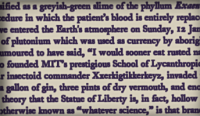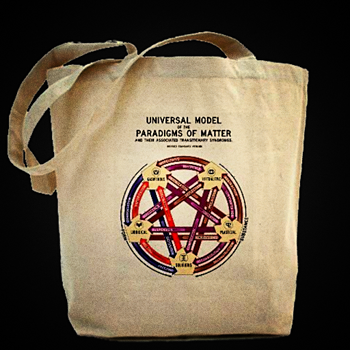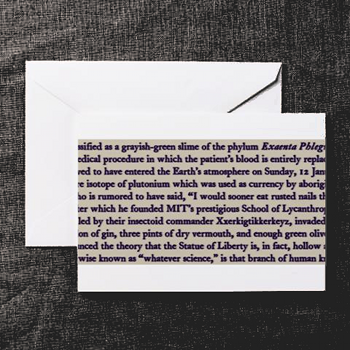London---Doctors at St. Mary’s Hospital report that a successful breeding in captivity of Homo regalis britannicus has occurred, resulting in a single viable male offspring. Observers and enthusiasts of the species are hopeful that additional mating products will arise from the same pairing, both individuals of which have the desired youth and physical traits considered important for a healthy and aesthetically pleasing strain.
H. regalis once dominated the inhabited world, but their numbers have dwindled due to loss of habitat and lack of genetic variation. Fearing eventual extinction, royal advisors and other breeding experts recently began a series of social and political experiments, designed to entice some H. regalis individuals into mating with other hominid species including H. sapiens. Careful husbandry is required in order to avoid excessive hybridization, leading to over-robustness and anarchic traits. The ideal result will be the restoration of a thriving, yet controllable, H. regalis population that can be used in future trial off-planet colonization efforts.
Critics of the continued maintenance of living H. regalis members insist that they are merely expensive pets, and too much of a drain on the economies of nations who keep them. Proponents argue that the species actually helps such countries because of the tourism and merchandising income generated by its mere existence. Visitors pump large amounts of money into the owner nations’ economies in order to view living and breeding habitats of H. regalis, even at a distance and when no individuals can be spotted in the wild. Merchandising especially benefits H. regalis owner nations who maintain at least moderately friendly ties with former colonies, who are the largest consumers of species-themed memorabilia.






